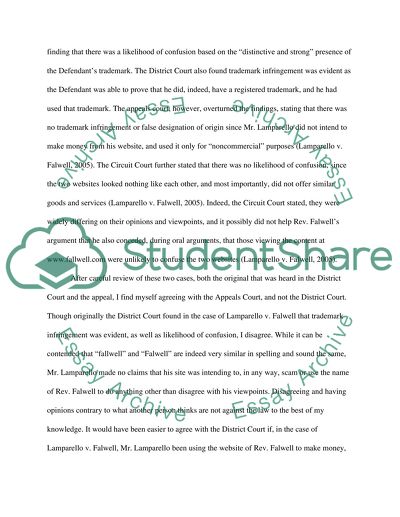District Court or Circuit Court Essay Example | Topics and Well Written Essays - 500 words. Retrieved from https://studentshare.org/law/1580202-district-court-or-circuit-court
District Court or Circuit Court Essay Example | Topics and Well Written Essays - 500 Words. https://studentshare.org/law/1580202-district-court-or-circuit-court.


